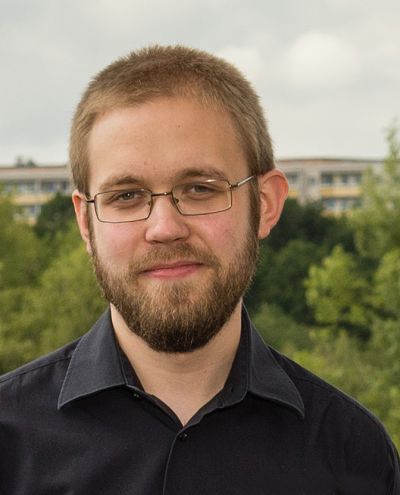Chair News
Network Dynamics Chair Granted DFG Reinhart Koselleck Project On Strongly Driven Nonlinear Network Dynamics
Published on
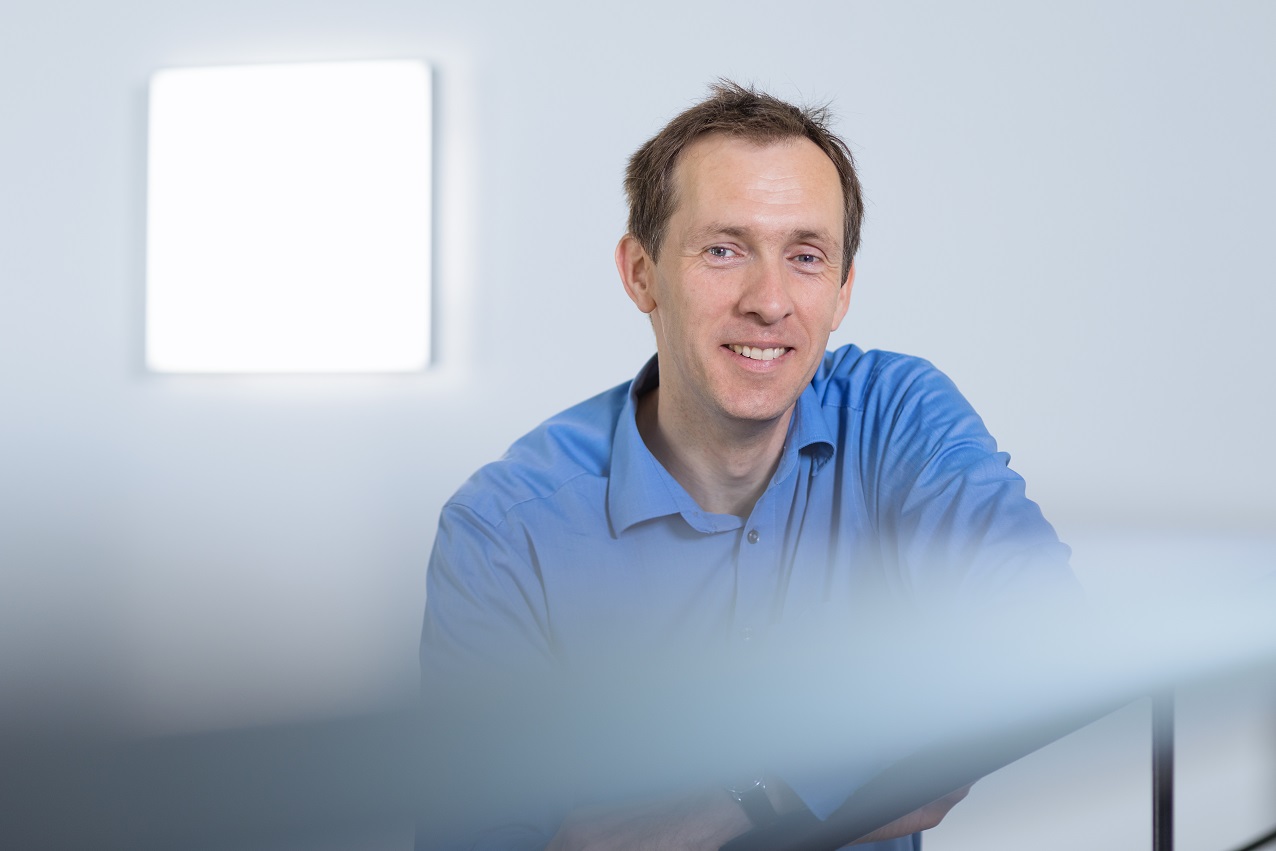
Evidently Efficient: Self-organization of Informal Bus Lines in the Global South
Press release Tuesday, July 2, 2024, TUD Dresden University of Technology /// Center for Advancing Electronics Dresden (cfaed)
Published on
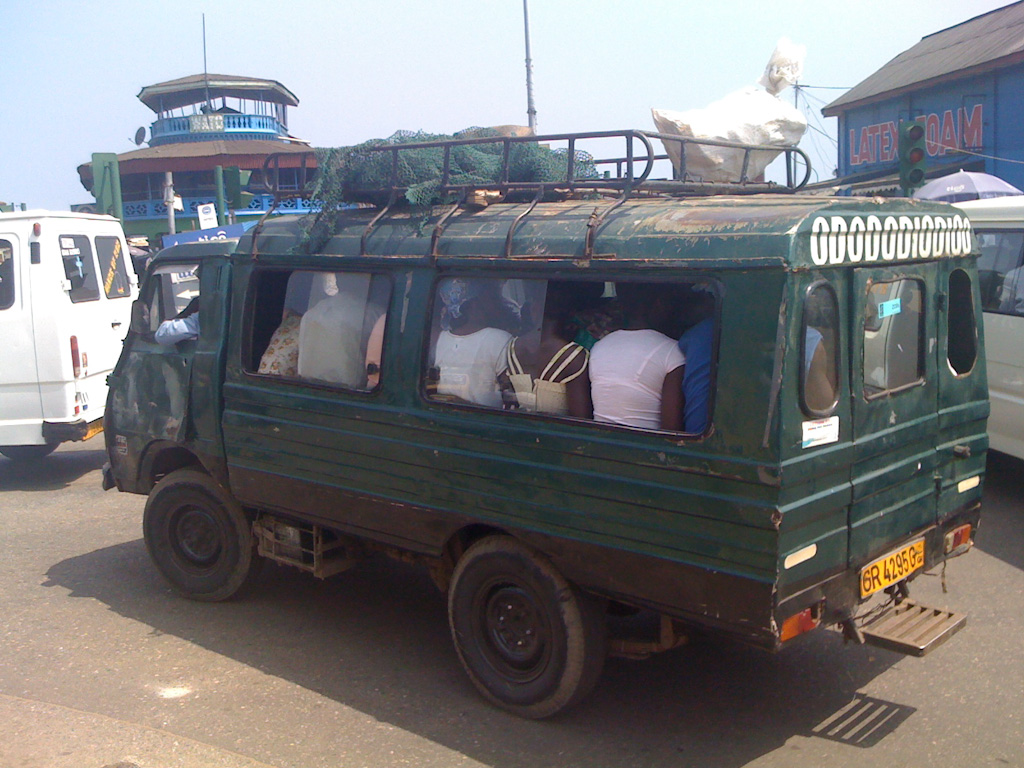
Read more … Evidently Efficient: Self-organization of Informal Bus Lines in the Global South
Mobility of tomorrow? - Project "Where2Share" investigates the benefits of ride sharing in German cities and counties
Published on
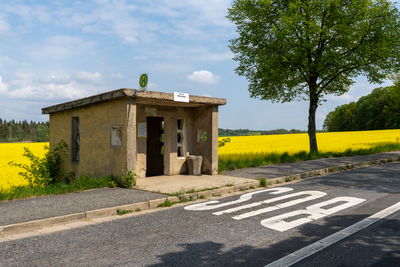
Dr. David-Maximilian Storch won the 2022 BASF Dissertation Award - Congratulations!
Published on
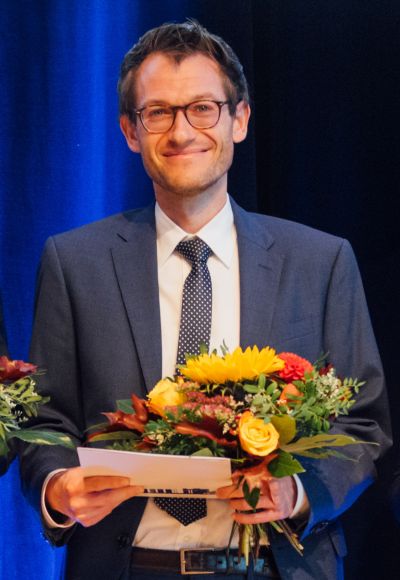
Read more … Dr. David-Maximilian Storch won the 2022 BASF Dissertation Award - Congratulations!
Good planning gets the bike rolling
Published on
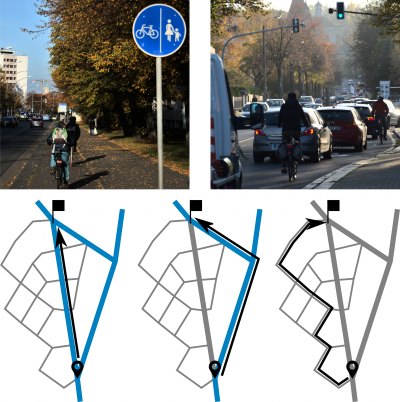
Congratulations: Charlotte Lotze wins Science Slam at the Long Night of Science!
Published on
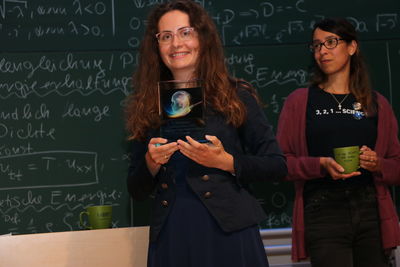
Read more … Congratulations: Charlotte Lotze wins Science Slam at the Long Night of Science!
Making Shared Rides More Sustainable: Introducing Dynamic Stop Pooling
Published on
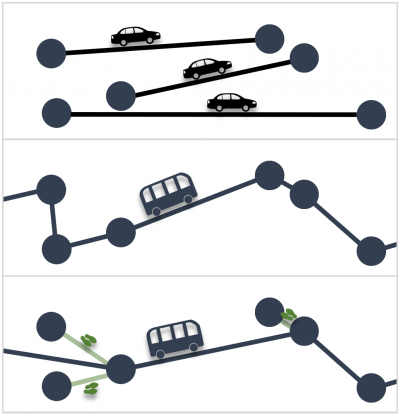
Read more … Making Shared Rides More Sustainable: Introducing Dynamic Stop Pooling
Page 1 of 2







